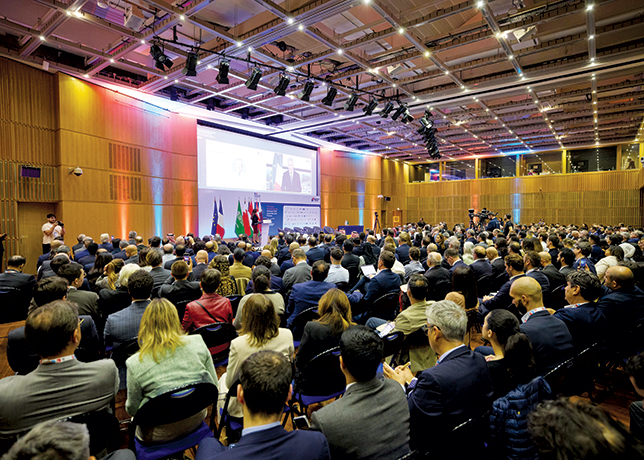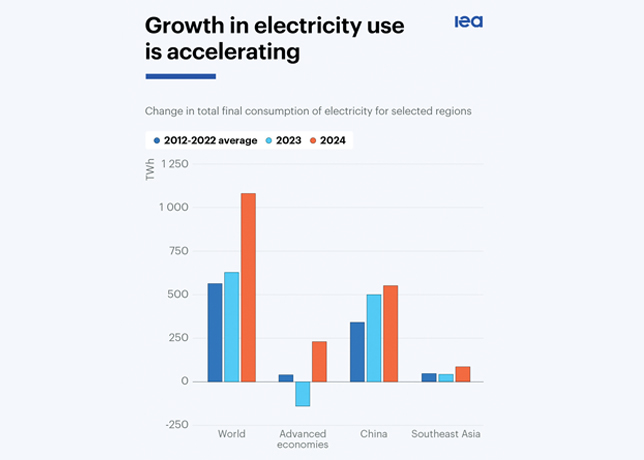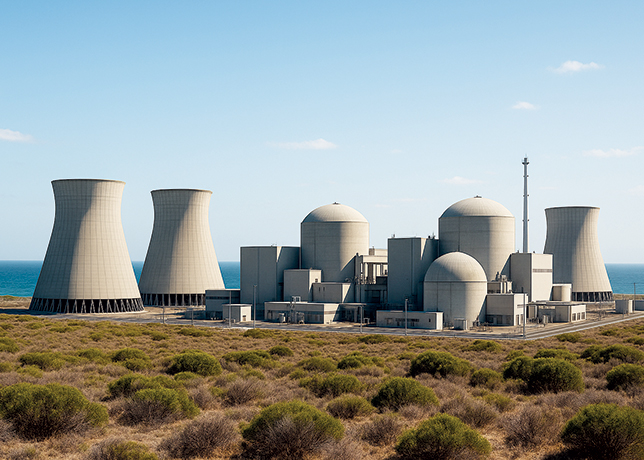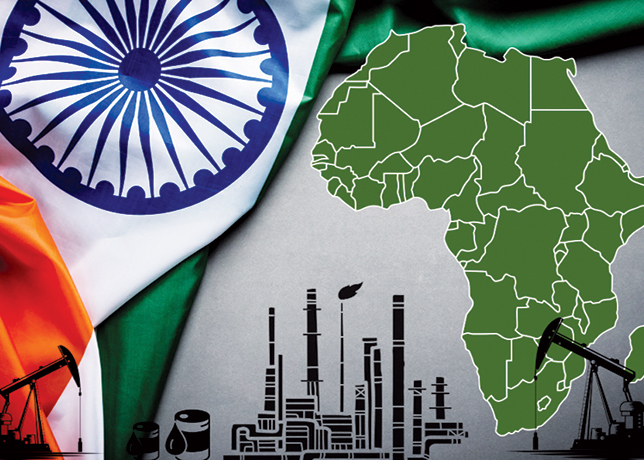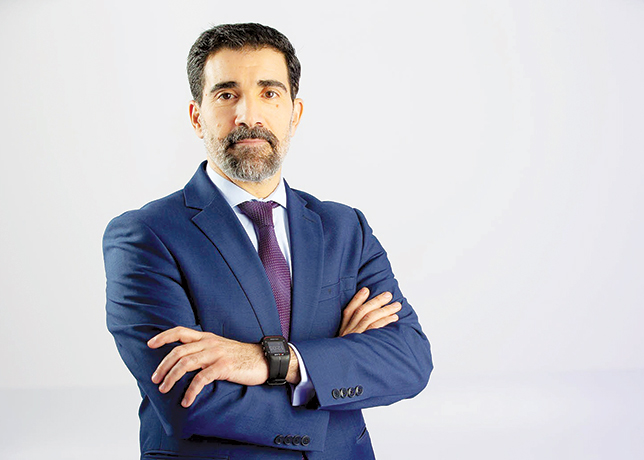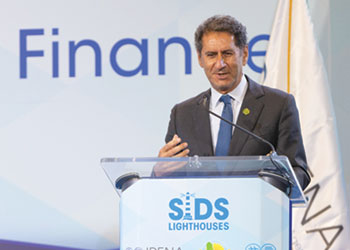
 IMF and WB see climate change as a threat to global peace
IMF and WB see climate change as a threat to global peace
In a joint statement, Kristalina Georgieva, Managing Director of the International Monetary Fund (IMF), and Ajay Banga, President of the World Bank, announced their intention to intensify cooperation between their institutions on climate change and emphasised the global need for enhanced collaboration on this issue.
They stated: "Today, we need to enhance further our collaboration, in particular with regards to climate change."
According to IMF and the World Bank, climate change is a threat to global peace, security, economic stability, and development. To address this challenge, institutions need to help all member countries integrate their climate and development goals. Given the critical nature of this work stream, they will put Bank-Fund collaboration in this area on a more structured and institutionalised footing.
The Bank and the Fund will promote complementarity and synergies in their climate-related works.
The updated core mandate of the World Bank puts climate explicitly as one of the core areas of the Bank’s efforts and builds on an ongoing multiyear engagement on climate action and development.
Building on its Climate Change Action Plan, the Country Climate and Development Reports (CCDRs), and extensive country-level policy work, the World Bank provides policy advice on climate issues to member countries, supports policy reforms through Development Policy Financing and provides financing for specific investments at the sectoral level through investment and program for results loans.
The Fund has adopted a new climate strategy that includes coverage of macro-critical climate issues as part of Article IV consultations and expanded technical assistance in areas where it has specialised expertise.
It has also established the Resilience and Sustainability Trust (RST) to provide affordable long-term finance to vulnerable countries implementing macro-critical climate reforms.
The two institutions are co-hosting the Secretariat of the Coalition of Finance Ministers for Climate Action.
The two institutions will further strengthen coordination and focus on results. They will formalise the regular meetings of the new Bank-Fund Climate Advisory Group, tasked with ensuring coordination of climate related work streams.
The group will meet every two months to discuss global and country level engagements, including the results of CCDRs, country level climate analytical work, and the pipeline of key projects and policy-based lending (World Bank’s DPLs and Fund’s RST engagements).
They will also incorporate climate considerations in ongoing work on debt sustainability, including through the revised joint Low Income Country Debt Sustainability Framework.
"The world can, and must, come together to address global challenges. The IMF and World Bank are committed to help advance this common effort."









